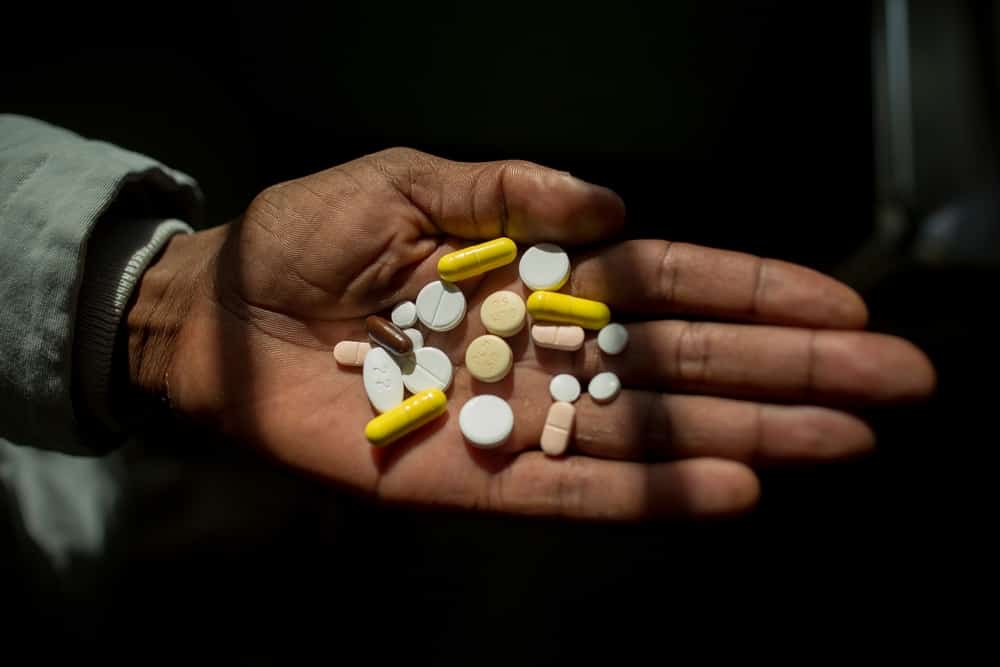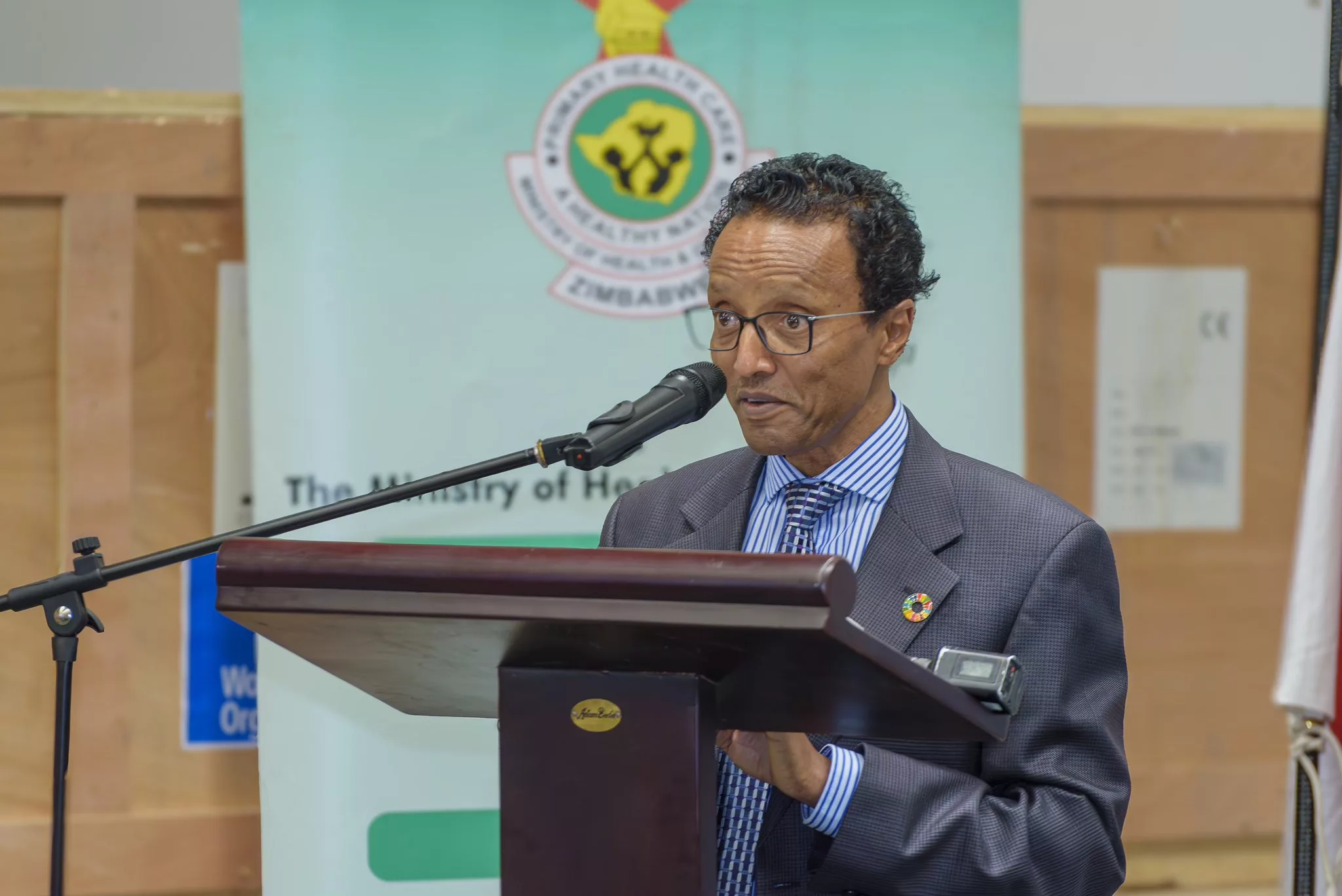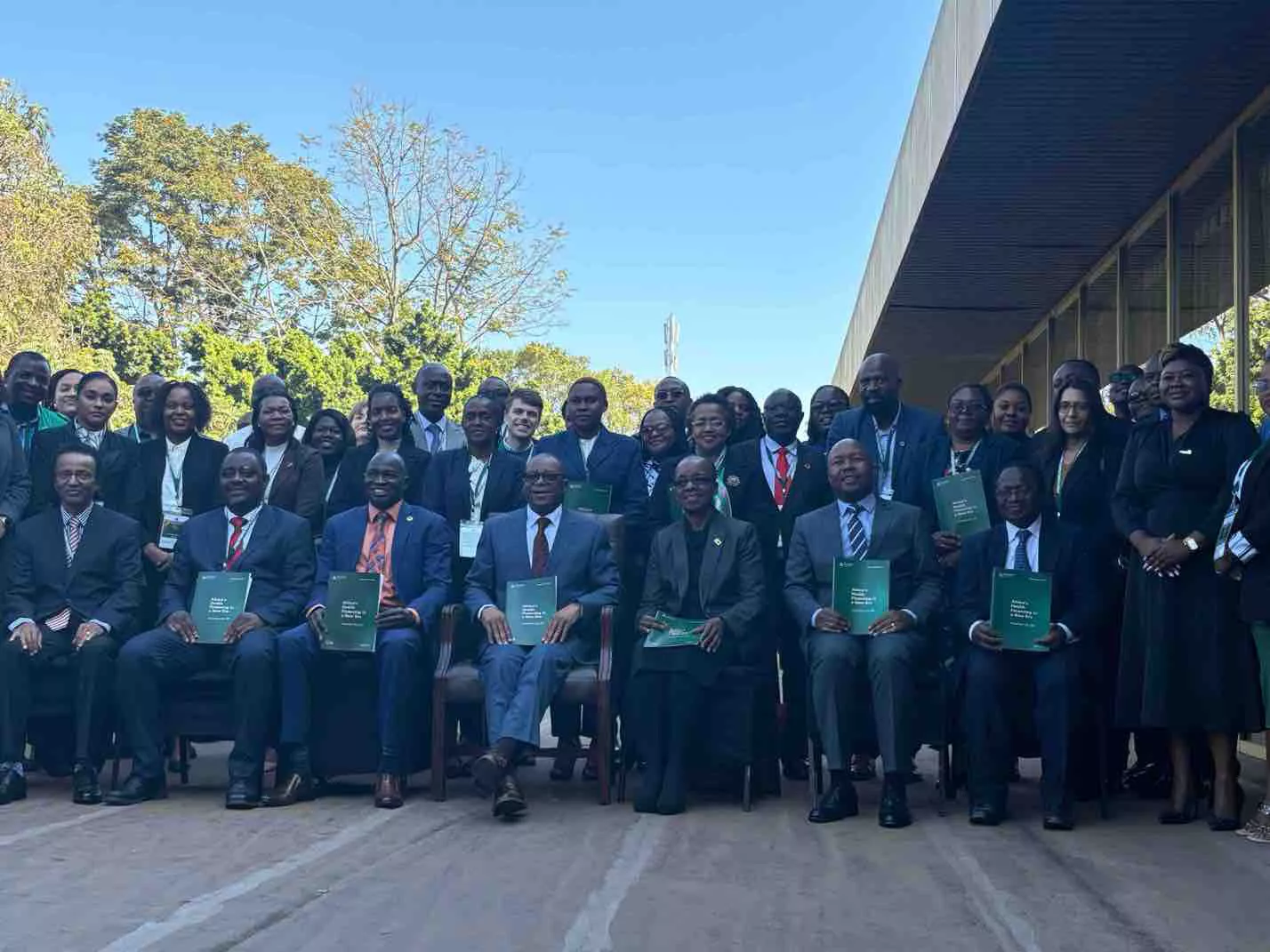A clinical trial to find a better treatment for multidrug-resistant tuberculosis (MDR-TB) stopped enrolling patients last week after its independent data safety and monitoring board indicated that the regimen being studied was superior to current treatment options. The board recommended that the trial be stopped early as more patient data was extremely unlikely to change the trial’s outcome.
The phase II/III clinical trial, TB PRACTECAL, sponsored by the international medical humanitarian organization Doctors Without Borders/Médecins Sans Frontières (MSF), tested a six-month regimen of bedaquiline, pretomanid, linezolid, and moxifloxacin, against the locally accepted standard of care. The interim analysis that was conducted last month was based on 242 TB patients who were enrolled in seven trial sites—including MSF projects—across Belarus, South Africa, and Uzbekistan.
“This will be the first-ever multi-country, randomized, controlled clinical trial to report on the safety and efficacy of a six-month, all-oral regimen for drug-resistant TB,” said Professor David Moore from the London School of Hygiene and Tropical Medicine, a member of the trial steering committee. “The findings could transform the way we treat patients with drug-resistant forms of TB worldwide, who have been neglected for too long.”
MSF is now preparing a dataset to share with the World Health Organization (WHO) as soon as possible. This could change clinical TB protocols and ensure people across the globe are put on a shorter regimen that is easier for them to adhere to. Full results of the trial will be submitted to a peer-reviewed journal in the coming months.
Approximately 465,000 people developed MDR-TB and 182,000 died in 2019. The current recommended treatment for people with MDR-TB lasts nine to 20 months, only cures three out of every five patients, and—despite changes in WHO guidance—often still includes painful injections and drugs that cause toxic side effects, including deafness and psychosis. People often stop taking older TB treatments before they are cured because of the side effects and difficulty of sticking to a lengthy treatment plan. This can fuel resistance and eliminate a person’s treatment options in the future.
“Our hope is that rigorous data from TB PRACTECAL will be reviewed by the WHO urgently and allow for the recommendation of this six-month regimen, which should translate into countries incorporating it into national treatment programs,” said Professor Nargiza Parpieva, country coordinating principal investigator in Uzbekistan. “This could not only ultimately save many thousands more lives, but also vastly improve quality of life for those undergoing treatment. Patients on the trial tell us they no longer need to put their life on hold to get cured.”
Since the first patient was enrolled in the TB PRACTECAL trial in 2017, new treatments for MDR-TB have become available. However, lengthy regimens that patients struggle to complete are still the reality in many of the countries in which MSF works.
“My heartfelt thanks to all our partners and to all the staff who’ve been involved in this complex project overcoming significant obstacles,” said Dr. Bern-Thomas Nyang’wa, MSF medical director and chief investigator of the trial. “Most of all, I am grateful to the people suffering from TB who took a chance on us so future TB patients might be able to have access to better care.”






